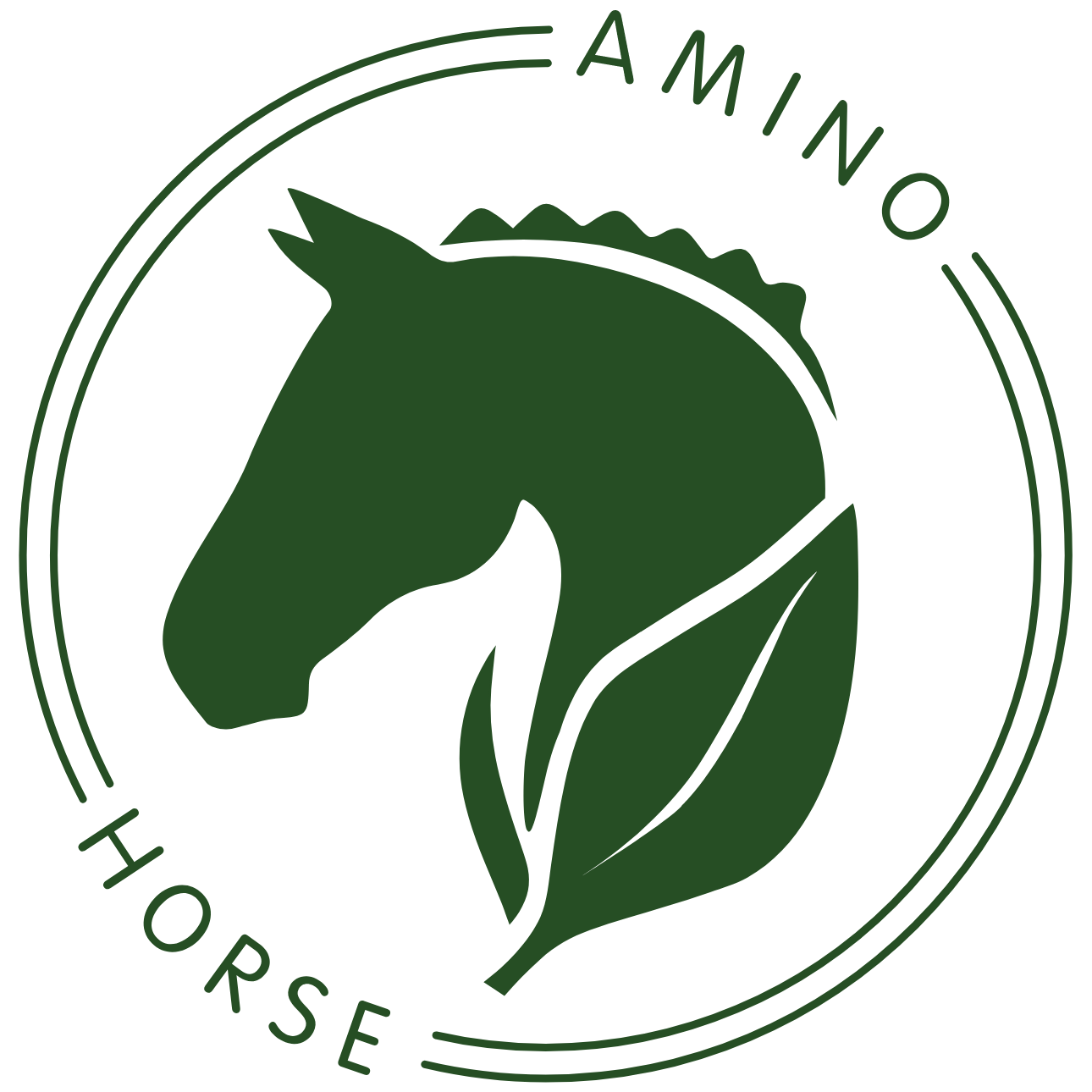It is recommended to supplement horses with lysine to support bone growth during development and to promote healthy joints in training and aging horses. Lysine positively influences calcium absorption in the gut, increasing the availability of this mineral for the formation of strong bones as well as for supporting muscle and nerve function. Additionally, lysine plays a key role in the formation of collagen - a structural protein essential for healthy skin and bones.
According to the U.S. National Research Council (NRC, 2007), a 500 kg horse at maintenance requires at least 18 grams of lysine per day, with the optimal intake estimated at 27 grams per day. Athletic horses require between 29 and 35 grams of lysine daily, depending on the level of physical activity.
Lysine and overall protein requirements vary depending on the horse's life stage. A weanling between 4 - 10 months and weighing around 170 kg requires about 29 grams of lysine per day. For yearlings (11 - 17 months), the recommended intake is estimated at 48 to 50 grams per day, according to literature.
Lysine offers a wide range of health benefits, including:
-
Promotes growth and development: Lysine contributes significantly to collagen production, which is key for healthy development and growth.
-
Supports protein synthesis: It is essential for the creation of various proteins, including enzymes, antibodies, and hormones.
-
Strengthens bone health: Lysine enhances calcium uptake and helps prevent weak bones.
-
Converts fatty acids into energy: This helps reduce unnecessary body fat.
-
Improves coat condition: By supporting collagen formation, lysine contributes to a shiny, healthy coat.
-
Supports muscle development: In combination with amino acids like arginine, lysine helps build and maintain muscle mass.
These properties make lysine one of the most vital nutrients for the overall health and well-being of your horse.

